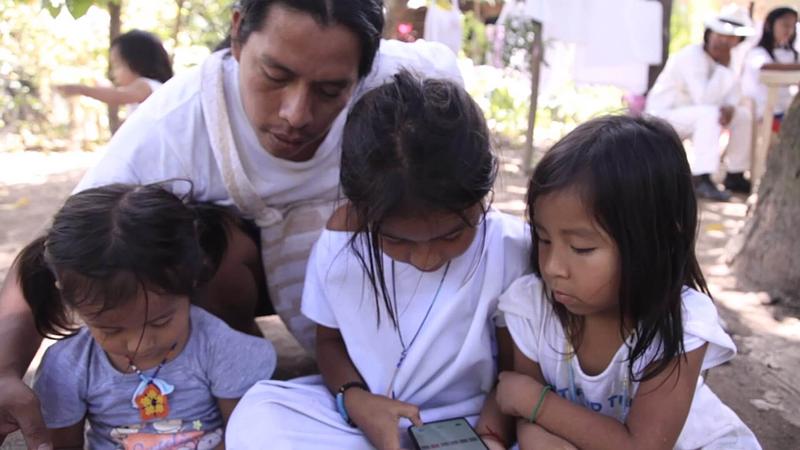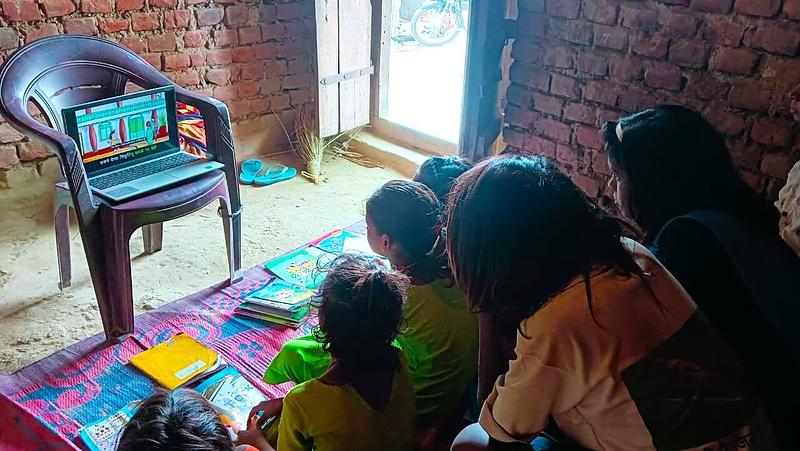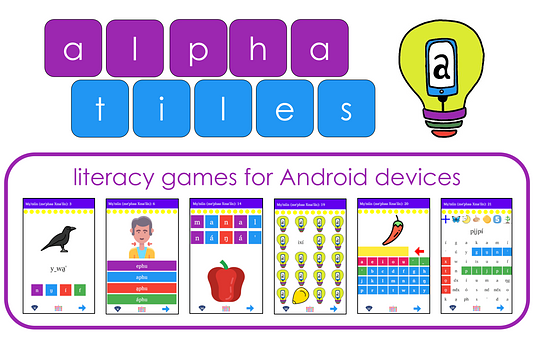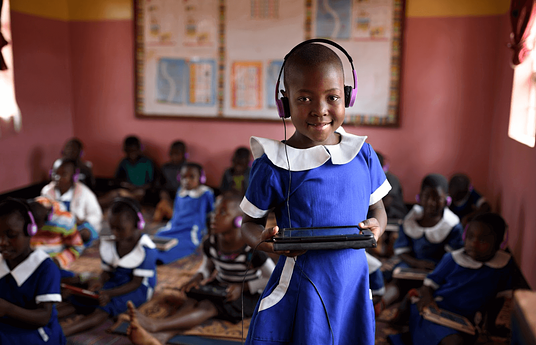In 1952, protests in Bangladesh broke out against the Pakistani government’s decision to make Urdu as the only official language in the country. This protest was a turning point for East Pakistan (now Bangladesh)’s struggle for independence, which eventually gave rise to a movement to promote Bengali language and culture. To commemorate this movement, Bangladesh proposed International Mother Language Day as a celebration to remind us of the importance of cultural and linguistic diversity.
It is estimated that at least 43% of the 6000 languages spoken in the world are endangered with a language disappearing every two weeks. When a language disappears, so does its entire cultural and intellectual heritage. And while education places emphasis on literacy, only a few hundred languages have a place in education systems and public domain. How can we ensure equitable access to education if 40% of the world’s population does not have access to education in a language they speak or understand?
Innovations from the Global Collection 2024 recognise the importance of mother tongue education to promote literacy. Innovations like Alpha Tiles, Imagine Worldwide, The Billion Readers (BIRD) Initiative, and Room to Read are making strides to support foundational literacy education.
Create a literacy game for any language

Language community of South America using Alpha Tiles
Alpha Tiles is an app that makes it easy to create basic literacy games for Android for free in any language. An app can be created in as little as one week. “Around the world, hundreds of millions of children begin their school experience in a language they don’t understand well, if at all. Before beginning school, children can use the Alpha Tiles app to start their literacy journey in the language they know best. They will then enter school with a more positive view of literacy and of their own abilities,” explains Aaron Hemphill, SIL International.
“Hundreds of millions of children begin their school experience in a language they don’t understand well, if at all”
Literacy games help to engage children in learning through play. However, 98% of the world’s languages have no literacy game apps available. By making these apps available, Alpha Tiles is strengthening the use of these languages, many of which are endangered.
Learn to read with Same Language Subtitles (SLS) on mainstream entertainment content
The Billion Readers (BIRD) Initiative uses Same Language Subtitling (SLS) on mainstream TV in all regional languages in India for reading literacy and language learning. By adding subtitles to audio-visual (AV) content in the same language as the audio, viewers read what they hear on screen on popularly watched entertainment. By putting SLS on one Hindi film contains about 14,000 words, equivalent to a novel for young adults.
“By delivering daily and lifelong reading practice at home, as an integral part of entertainment in all regional languages, especially the mother’s language, SLS significantly reduces children’s likelihood of remaining struggling readers in primary school,” explains Brij Kothari, Founder and Lead, BIRD.

Children reading with Anibooks
BIRD also provides reading practice for early grade and primary children in schools through video-based animated stories, Anibooks, for improved reading and language learning with SLS. BIRD has a repository of AniBooks in several regional languages and bilingual AniBooks (for example a regional language, Hindi + English) that serves as a bridge to learn a new language and improve reading skills.
Provide books in local languages
Room to Read programme in India
Room to Read’s Literacy Program supports children as they develop into independent readers and lifelong learners, with a focus on providing young readers through quality, local language children’s books along with instruction in the literacy skills needed to read them. “We partner with local publishers, authors, illustrators, and designers to create and distribute diverse and culturally relevant books that inspire a love of reading,” explains Christabel Pinto, Vice President, Literacy at Room to Read. By the end of 2022, Room to Read had published more than 4,400 original and adapted children’s titles in 52 local languages and distributed more than 39 million books across 23 countries.
“When young readers have the opportunity to engage with children’s literature that authentically reflects their identities and cultures, in their own language, their lived experiences are validated, and they grow in confidence about their place in the world.”
Creating culturally relevant books in students’ local languages helps children to develop a love of reading that leads to more frequent and skillful reading, thereby improving educational outcomes. Pinto highlights that “When young readers have the opportunity to engage with children’s literature that authentically reflects their identities and cultures, in their own language, their lived experiences are validated, and they grow in confidence about their place in the world.”
Support foundational literacy through self-directed learning
Imagine Worldwide supports the learning of foundational literacy and numeracy through tablets that work in any setting and work offline and offgrid. Through an adaptive learning software from onebillion (rigorously tested by 9 RCTs) it offers a full foundational learning curriculum in the local language of instruction.

Children using tablets in the Dzaleka refugee camp, Malawi
Children using the software are able to make significant progress in math and literacy even when the software is not in their first language. “In one study of onebillion's math software that we did in the Dzaleka refugee camp, community members requested that the software be offered in English even though the more common languages in the camp included (Ki)swahili and French. After 5 months, children made significant gains in math. But what surprised us were the gains that children made in English literacy using the math software in English. Learning in a second (or third) language has not proven to be a strong barrier to improving basic literacy,” explained Karen Levesque, Head of Research at Imagine Worldwide.
For International Mother Language Day, let us celebrate the amazing work that these innovators are doing to support literacy and linguistic diversity. We hope that others can draw inspiration from these organisations to continue pushing for progress in multilingual education and foundational literacy.
If you are working on something innovative in education, we want to hear about it. Share your innovation with us for the opportunity to be featured in our next Global Collection.
Header photo: ©Room to Read Literacy Program in Cambodia


